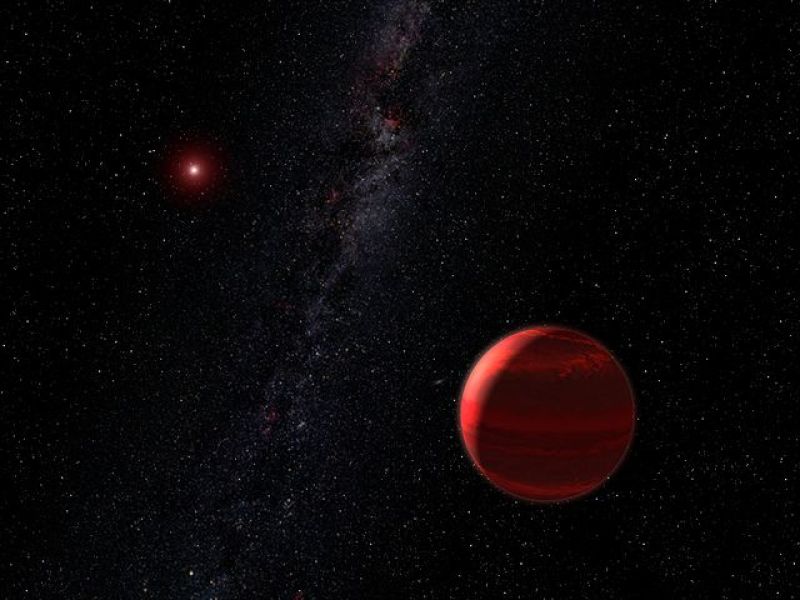
Scientists have recently discovered an alien planet that has the potential to host life.
According to scientists from Australia's University of New South Wales, the world orbiting the red deaf star Wolf 1061, is the closest exoplanet to Earth that could be habitable.
The exoplanet, dubbed as Wolf 1061c, was discovered earlier this month along with two other planets surrounding the same red dwarf. The scientists noted that like Mars, these three exoplantes could have a rocky terrain instead of being gaseous like Neptune, according to Science Alert.
Based on their observations, the scientists said that Wolf 1061c is 14 light years or about 126 trillion kilometers away from Earth. Although this may sound far, it is still relatively near given that Earth's closest neighbor, Mars, is located 249 million kilometers away.
But, aside from its proximity, one major factor that excited scientists after making the discovery is the exoplanet's potential to be a habitable zone.
"This discovery is especially exciting because the star is extremely calm," lead researcher Duncan Wright told ABC News. "Most red dwarves are very active, giving out X-ray bursts and super flares, which spells doom for any given life, given the habitable zone is so close into these stars."
However, regarding the concept of humans living on the exoplante, Wright noted that this may not happen.
"The conditions would not be pleasant," he told CNN. "Gravity is something like 1.8 times that on Earth and the planet is likely to be tightly locked. This means one side permanently faces the star and is incredibly hot, while the other side permanently faces away from the star and is very cold."
Despite this, Wright believes that the exoplanet could have a region that is not directly facing the star. If this is true, then it could sustain human or alien life. Also, Wright and his team noted that they focused on Wolf 1061c because it is the only exoplanet orbiting Wolf 1061 that could be habitable.
For now, the scientists will carry out follow up studies and observations on the newly discovered planet to learn more about its environmental conditions and other characteristics. And given its close distance to Earth, they are hoping that maybe someday an expedition mission will be launched in the future so they could get a closer look on Wolf 1061c.
The study carried out by the scientists will be published in a future edition of the Astrophysical Journal Letters.



















